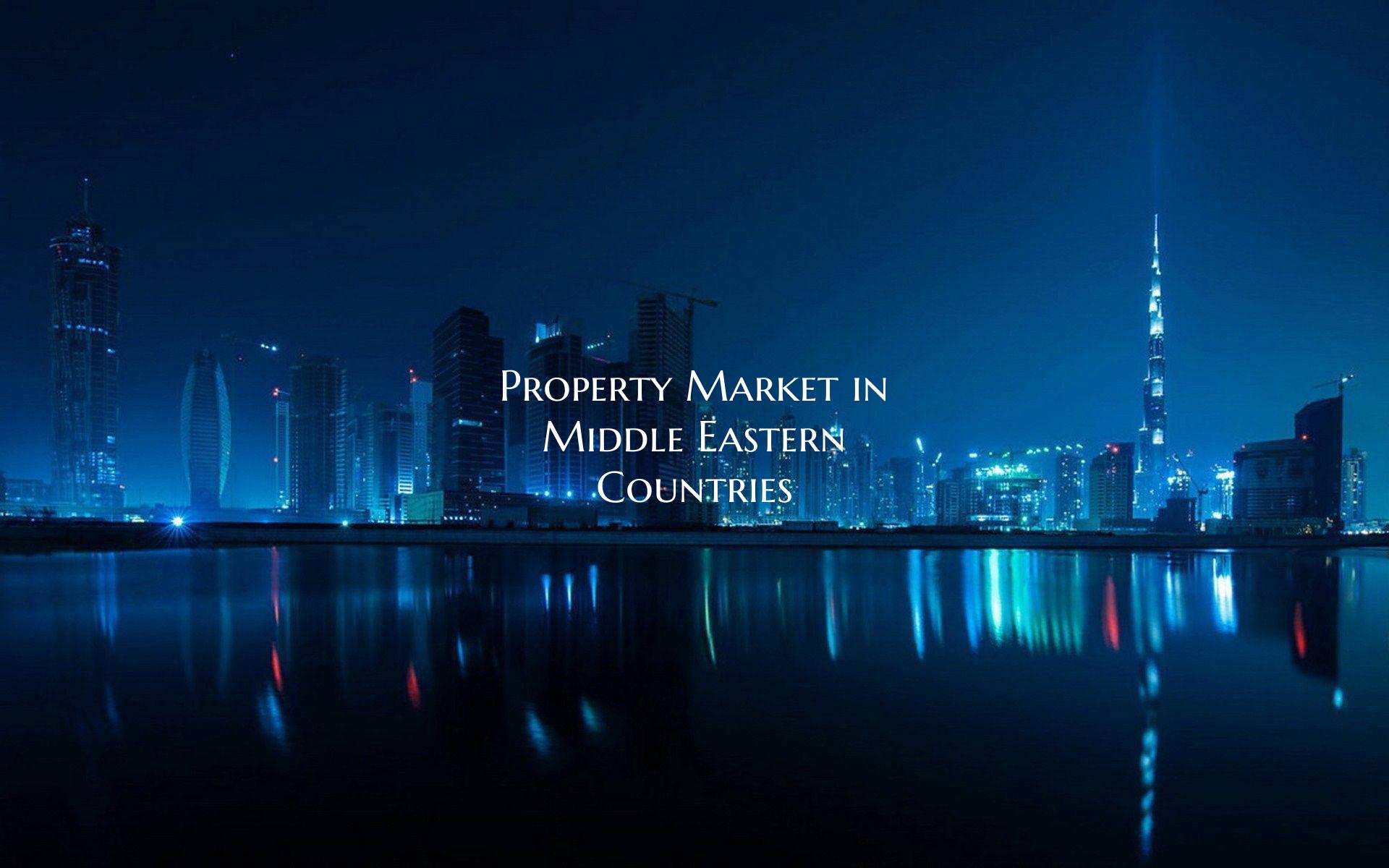Property Market in Middle Eastern Countries

The property market in Middle Eastern countries has witnessed significant growth and transformation in recent years, driven by various factors such as economic development, population growth, and government initiatives. This region, known for its opulent skyscrapers, luxurious residential developments, and vibrant real estate landscapes, offers diverse opportunities for investors, developers, and homebuyers.
One of the key drivers of the property market in Middle Eastern countries is the thriving economy fueled by industries such as oil and gas, tourism, and construction. The region's economic prosperity has attracted a growing number of foreign investors looking to capitalize on the lucrative real estate sector. Countries like the United Arab Emirates, Saudi Arabia, Qatar, and Kuwait have emerged as hotspots for property investment, with modern infrastructure, business-friendly policies, and strategic location attracting global attention.
Government initiatives and policies have also played a crucial role in shaping the property market in Middle Eastern countries. Many governments in the region have implemented regulations to promote real estate investments, streamline property transactions, and attract foreign capital. Initiatives such as freehold ownership for expatriates, tax incentives, and residency programs have bolstered the attractiveness of the real estate market in countries like Dubai, Abu Dhabi, and Doha.
The demand for residential properties in Middle Eastern countries remains strong, driven by a growing population, urbanization trends, and changing lifestyle preferences. Both local and expatriate residents are seeking modern, well-equipped homes with high-quality amenities and facilities. Luxurious apartments, villas, and townhouses in prime locations continue to be in high demand, especially in cosmopolitan cities like Dubai and Riyadh.
Commercial real estate also plays a significant role in the property market in Middle Eastern countries. The region's business hubs and financial centers host a plethora of office spaces, retail outlets, and mixed-use developments catering to the needs of multinational corporations, local businesses, and entrepreneurs. From sleek skyscrapers to shopping malls and hospitality projects, the commercial real estate sector in the Middle East offers a diverse array of investment opportunities.
In conclusion, the property market in Middle Eastern countries presents a dynamic and evolving landscape characterized by growth, innovation, and diversification. With robust economic fundamentals, government support, and increasing demand for residential and commercial properties, this region continues to attract investors and stakeholders seeking lucrative real estate opportunities. Whether you are looking to invest in luxury properties, commercial spaces, or residential developments, the Middle East offers a vibrant market with vast potential for growth and profitability.
